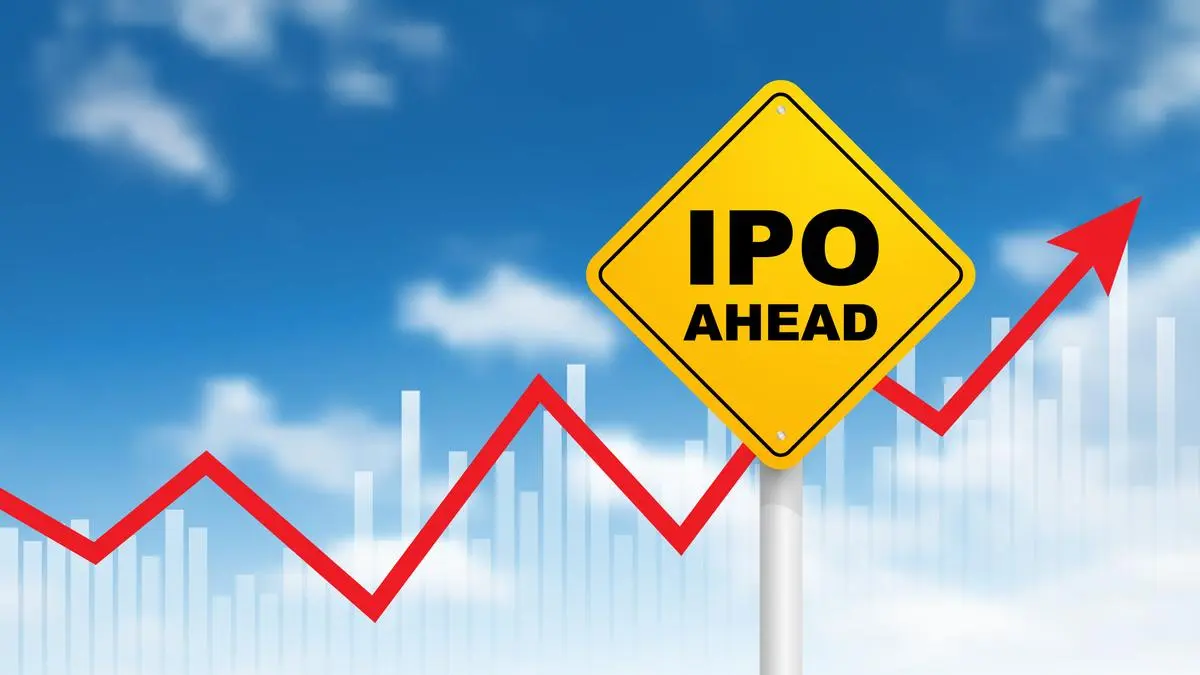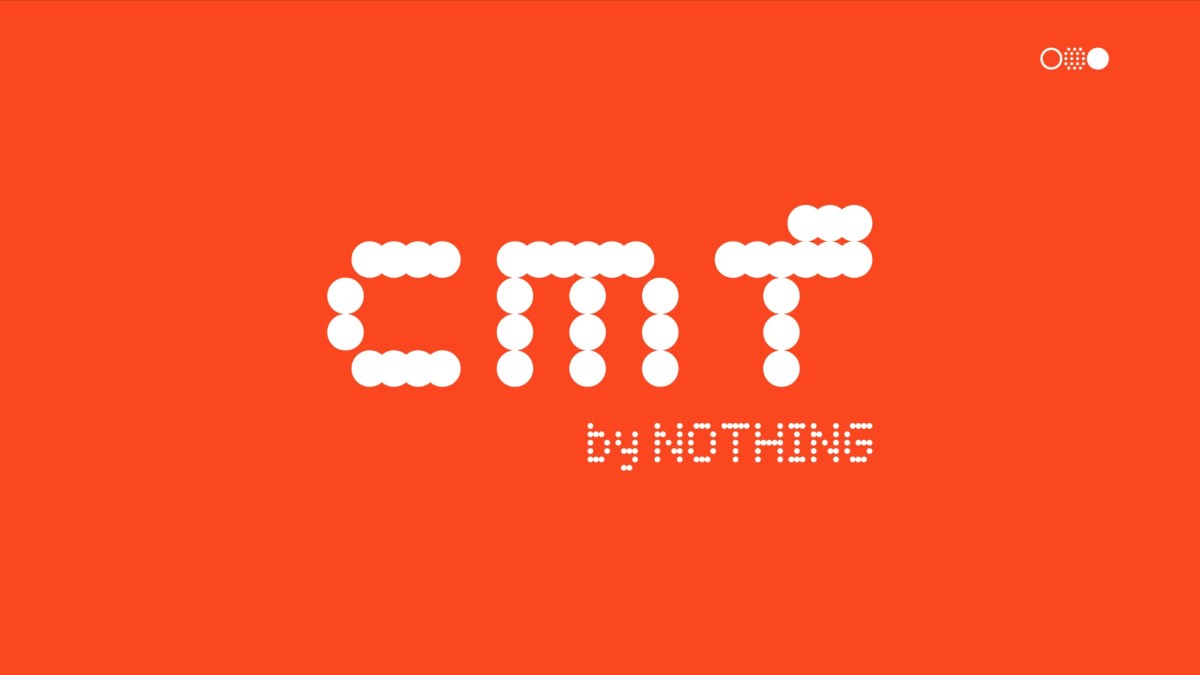It only took me 24 years to learn that my clients don’t want 401(k) advice.
I opened my first individual 401(k) investment advice account in July 1999. That was a long time ago. What do you use in your daily life from 24 years ago? You would think in that length of time I would have figured out how to best deliver investment advice to individual 401(k) participants.
Wrong. Only recently I am enlightened after reading content from other marketing experts who have figured out the best way to approach new prospects for their products or services. The majority of individual 401(k) investors don’t want investment advice on their default company 401(k) mutual fund menu or how to best use their company 401(k) SDBA (self-directed brokerage account) option.
It is not “top of mind” for these 401(k) investors. They have little time to watch or worry about their 401(k) mutual fund investment choices. “What to buy” in their 401(k) is not even close to the top of their “To Do” list. Many individual 401(k) investors share this same frame of mind. They ask and answer the same set of questions on their own:
- “The stock market always goes up, right?”
- “No one talks about their 401(k). Why should I worry?”
Today, individual 401(k) investors don’t want investment advice. The 20-plus percent losses from 2022 are history, nothing to worry about because of the near 20-plus percent recovery of the popular stock market averages so far in 2023.
There are two important things to know about your current 401(k) mutual fund choices: Annual costs and investment performance to find out if they are making the right 401(k) investment management decisions.
How can 401(k) advice help to preserve and grow my 401(k) account better than what I am doing now, or have been doing over the last few years? This is an easy answer for investment advisors who review and analyze 401(k) accounts on a daily basis.
For one, how do you know the annual costs you pay to own your company 401(k) mutual funds? The disclosure is available. But do you know where to find it? Do you have time to read it and understand the annual costs?
People will drive across town to save 3 cents a gallon on gas. Those same 401(k) investors pay thousands of dollars each year to own the worst mutual funds on their default 401(k) menu. When I don’t get what I pay for, I get upset, even mad. How do you react? You might have a similar reaction when you know the annual costs of your 401(k) mutual funds.
What about annual investment performance? You are taking all the risks associated with stock market mutual fund investing in your 401(k), the same with your bond mutual funds…you know, the ones that have lost huge amounts of principal due to the historic rise in interest rates. Are you getting the investment performance you are paying for each year to own your 401(k) mutual funds?
You likely don’t know. Your 401(k) provider (Schwab, Fidelity, Vanguard, etc.) and 401(k) sponsor (your company) don’t provide the answer. The answer is an independent, third-party, fiduciary investment advisor not affiliated with your company or your 401(k) provider.
A 401(k) advisor will analyze annual mutual fund costs and explain annual investment performance, and rank each default mutual fund available on your default 401(k) menu. You are a working professional. You know how to analyze data and how to interpret rankings, but you have never seen this information on your default company 401(k) mutual fund menu.
Many times, the SDBA (self-directed brokerage account) option is the best solution to both the annual cost and investment performance problems. Do you know if you have the SDBA option in your 401(k)?
These are a lot of questions, but I am only trying to improve your 401(k) peace of mind and improve your future 401(k) investment management decisions. The complete analysis of your company 401(k) mutual funds is available and delivered in an easy to understand format, even if you don’t pay much attention to your company 401(k).
The views and opinions expressed herein are the views and opinions of the author and do not necessarily reflect those of Nasdaq, Inc.








































